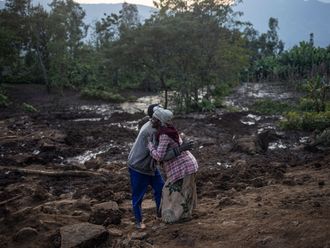Thiruvananthapuram: Three days into the New Year, Kerala has given every hint that old times will continue to prevail in the state.
On New Year’s Day, millions of women held hands from Kasaragod in the north to Thiruvananthapuram in the south to form a women’s wall in a symbolic effort to trigger renaissance values, ensure gender equality and promote rational thinking.
The women’s wall idea was initiated by the ruling Communist Party of India Marxist, but vehemently opposed by the Bharatiya Janata Party, the Congress and even the Nair Service Society which represents the Nair community.
The following day, two women managed to break the long-standing taboo at the Sabarimala temple by praying there and putting an end to the decades-old tradition at the temple which prevents girls and women in the fertile age from entering the temple.
The women made the pilgrimage legitimately because India’s Supreme Court had in September 2018 ruled that male exclusivity at the temple went against the gender equality principle enshrined in the national constitution.
That led to a shutdown call by the Sabarimala Karma Samiti (action committee), which brought Kerala to a standstill on January 3, marked by violence across the state. Tourists and local travellers were stranded, vehicles and offices were destroyed and shops were prevented from functioning despite their best efforts to counter the shutdown.
The next few days also promise more of the same: The BJP plans to observe a Black Day, and then comes the weekend.
And the following week will see the state shut down again for two days following a call for a nationwide strike.
The business community in the state say they are fed up with the shutdowns, and had even vowed to open shops during all shutdown days in the New Year. But the very first shutdown has proved it will not be easy to keep shops open or commute to work on shutdown days.
The development is particularly bad for the tourism industry which is struggling to revive its fortunes after the devastating floods in August last year nearly wiped out the entire peak tourism season from September 2018-February 2019.


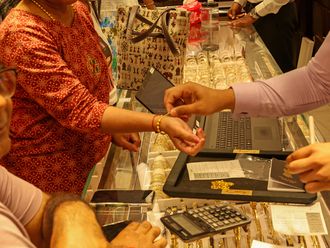
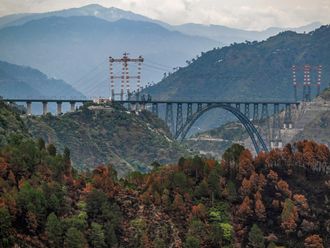

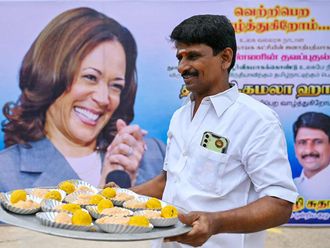


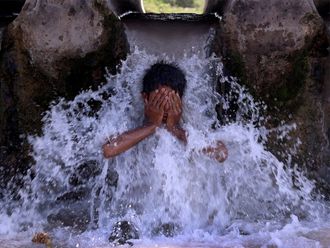

_resources1_16a30b3523c_small.jpg)
